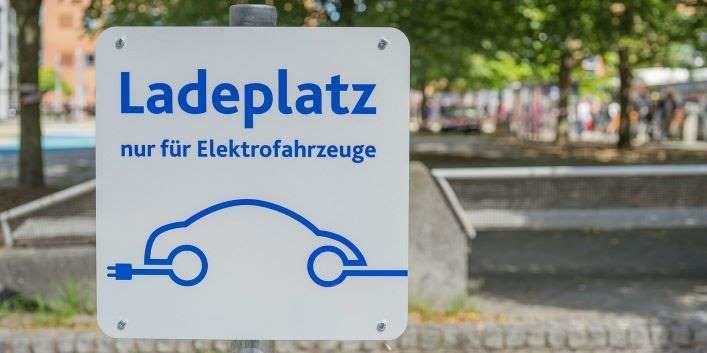International Motor Vehicle Manufacturers Support Rapid Implementation of Master Plan for Charging Infrastructure

Bad Homburg. Reinhard Zirpel, President of the Association of International Motor Vehicle Manufacturers, commented on the Federal Government’s deliberations on the promotion of alternative drive systems and the expansion of the charging infrastructure: “In order to achieve the climate targets, several million vehicles with alternative drive systems will have to be put on the roads in the coming years. A comprehensive charging infrastructure is the basic prerequisite for more drivers to switch to electric mobility. We therefore welcome the fact that the Federal Government is now setting up an overall strategy with the Master Plan for Charging Infrastructure.”
With a broad range of currently almost 50 electric models, the international manufacturers are making a significant contribution to the ramp-up of electric mobility. Battery-powered cars and plug-in hybrids are available to German customers in a wide variety today, also thanks to the offerings of international manufacturers. From the outset, the companies have taken over the manufacturer’s share of the environmental bonus for eligible vehicles. The VDIK members, who have also been offering hybrid vehicles and the first fuel cell vehicles for a long time, have been making advance investments here for many years.
In addition, the international manufacturers are participating in the measures planned by the automotive industry in the master plan. They have already created charging infrastructure and will in future set up several thousand charging points on the company’s premises and in the trade. In addition, the companies are supporting the demand-oriented planning of infrastructure expansion with relevant data on the technology and use of electric vehicles as far as legally possible. The work of the future national charging infrastructure control centre will also be constructively supported by the international manufacturers.
Zirpel continued: “What matters now is that the master plan is implemented quickly and that more time does not pass. New funding instruments, especially for private charging infrastructure, should be put in place as quickly as possible. Legal hurdles must be removed, bureaucratic procedures must be simplified and significantly accelerated. In particular, the long-awaited reform of tenancy and home ownership law cannot be postponed”.